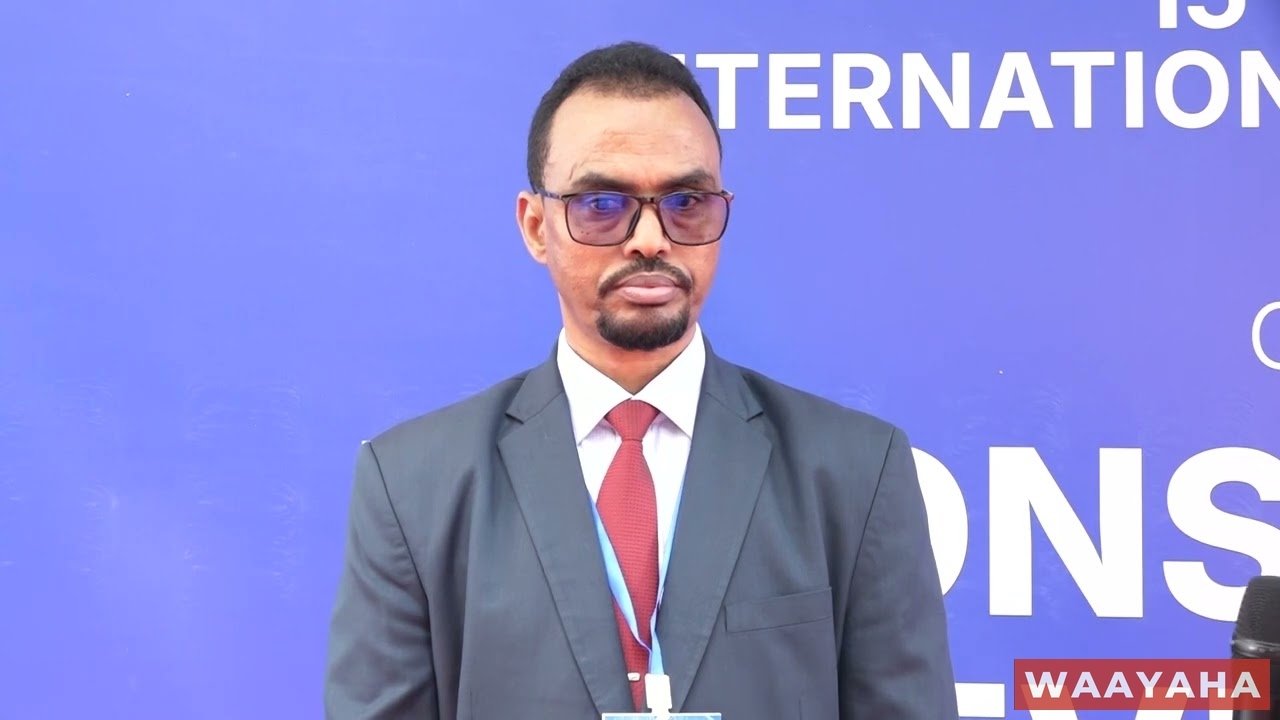After three decades of turmoil and disruption, Somalia’s academic landscape is witnessing a remarkable resurgence. The National University of Somalia, once a beacon of knowledge and intellectual discourse, has reopened its doors in Mogadishu, marking a pivotal moment in the nation’s journey towards rebuilding its educational institutions and reclaiming its scholarly heritage.
The 14th National Conference on Somali Studies, hosted by the Ministry of Higher Education, is a testament to Somalia’s resilience and commitment to reviving its academic traditions. With over 82 scholarly papers spanning various aspects of Somali life, the conference serves as a platform for diverse perspectives and in-depth analyses of the country’s challenges and opportunities.
In his opening remarks, Somalia’s Minister of Higher Education, Dr. Abdirahman Dahir Amin, emphasized the profound significance of this event. “This conference represents the revival of Somali scholarship and the restoration of our national identity,” he declared. “For too long, our academic pursuits have been disrupted, but today, we reclaim our rightful place in the pursuit of knowledge and intellectual discourse.”
The conference’s diverse array of topics reflects the multifaceted nature of Somalia’s development aspirations. From education and economics to justice and governance, the discussions aim to shed light on the intricate challenges facing the nation and propose innovative solutions rooted in academic rigor and cultural understanding.
One of the central themes of the conference is the role of education in nation-building and fostering social cohesion. Scholars and experts will delve into the intricacies of curriculum development, teacher training, and the integration of traditional Somali knowledge systems into modern educational frameworks.
The conference also serves as a platform for exploring Somalia’s economic potential and the strategies needed to harness its vast resources sustainably. Discussions on entrepreneurship, infrastructure development, and regional integration are expected to generate insights that can guide policymakers and stakeholders in charting a prosperous future for the nation.
Furthermore, the conference will tackle the critical issue of justice and governance, examining the intricate interplay between traditional Somali conflict resolution mechanisms and modern legal frameworks. Experts will share their perspectives on strengthening the rule of law, promoting transparency, and ensuring equitable access to justice for all Somali citizens.
As the conference unfolds, attendees anticipate a wealth of scholarly contributions that will not only enrich academic discourse but also provide practical solutions to the challenges facing Somalia. The diverse range of perspectives and expertise promises to foster a deeper understanding of the nation’s complexities and pave the way for a more inclusive and sustainable development path.
This academic renaissance represents more than just a gathering of scholars; it symbolizes Somalia’s unwavering determination to reclaim its intellectual heritage and forge a brighter future for its people. By nurturing a vibrant academic community and promoting rigorous scholarship, Somalia is poised to redefine its narrative, one rooted in resilience, unity, and a shared commitment to progress.













